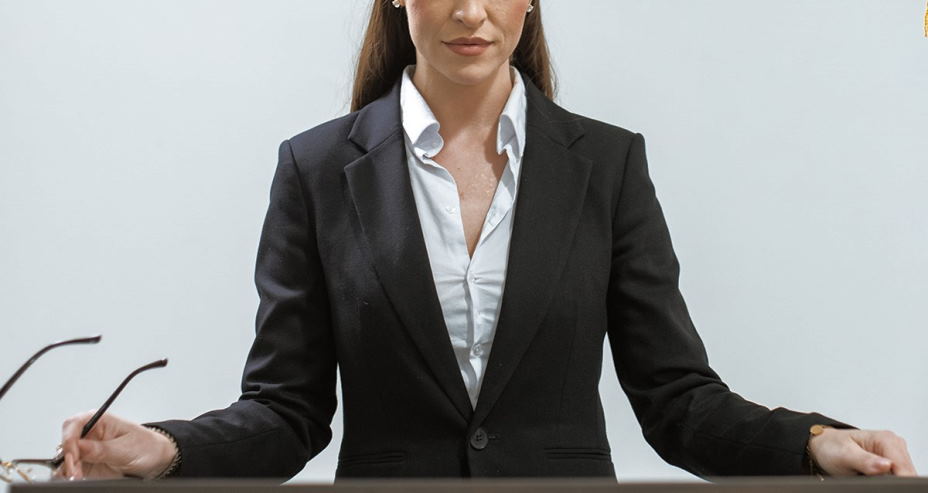
Reasons Why It’s Harder for Women to Get into Politics
Though it is slowly changing, there is still a disparity between men and women in politics. Research shows that there are many factors why it’s harder for women to get into politics. This blog post will explore three primary reasons why this is the case. First, we’ll look at the obstacles that face women when they consider running for office. Second, we’ll discuss the unique challenges that come with being a woman politician. Finally, we’ll examine ways to encourage more women to enter politics. Stay tuned!

Barriers all women in politics face
Politics has always been a field dominated by men. However, more and more women have expressed an interest in running for office in recent years. Despite this progress, women still face many challenges when getting elected. Here are just a few of the reasons why it’s harder for women to get into politics:
- Women are less likely to be recruited to run for office.
- They often receive less financial support from donors.
- The media tends to focus on their appearance more than their qualifications.
- They often face sexism and discrimination from fellow candidates and voters.
- There are fewer female role models in politics, making it difficult for young girls to see themselves in politics.
Breaking gender barriers for young women politics
If you had asked me ten years ago if I saw myself working in politics, I would have laughed in your face. Back then, politics was a boy’s club where women were grossly underrepresented. However, thanks to the hard work of trailblazers like Hillary Clinton and Sarah Palin, that is starting to change. Young women are beginning to see that they can achieve anything they set their minds to, regardless of gender. Next, I will discuss how young women break down gender barriers in the political arena. Stay tuned!
Despite the strides women have made in politics over the years, there continues to be a gender disparity in terms of who is getting elected to office. Studies show that young women are far less likely than their male counterparts to consider running for office, and when they decide to run, they often face more obstacles and challenges along the way. To encourage more young women to enter into politics, we need to break down these barriers and create a more inclusive environment. This means providing young women with role models and mentors and arming them with the tools and resources they need to succeed. We also need to change the broader cultural landscape by challenging negative stereotypes and assumptions about women’s qualifications and capabilities.
